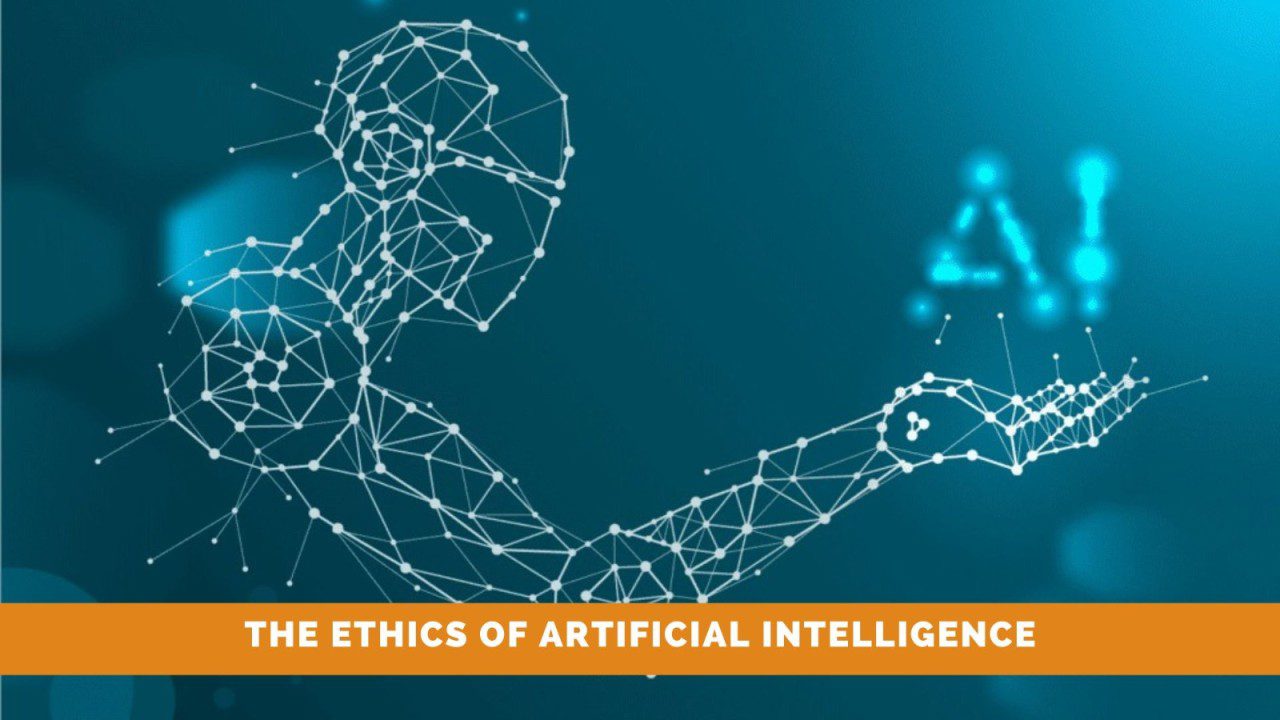The original objective of inventing the AK47, a selective-fire, gas-operated assault rifle, was to create a weapon that was reliable, easy to use, and effective in combat situations in the Soviet Union. Nobody ever thought that it will be used in cattle rustling combats deep in Kerio Valley, or terrorizing law abiding citizens down in Lamu. Just like the invention of AK47, AI is a technology that has the potential to impact society in numerous ways. It can provide benefits such as improving healthcare, increasing efficiency in various industries, and enhancing scientific research. However, it also has the potential to be misused and cause harm.
The impact of AI relies on how it is developed and used. Autonomous weapons, for instance, pose a significant risk to human life if they malfunction or fall into the wrong hands. Conversely, AI can be utilized to address technological challenges faced by society.
To ensure that the benefits of AI outweigh the risks, it is important to develop and use AI in a responsible and ethical manner. But will we manage if we cant even use religion to book a space in the garden of heaven as the good book guides?
For us to genuinely tap into the benefits of AI, we need to establish proper guidelines, promoting transparency, and ensuring safety and security in AI development.
AI technology itself is not inherently good or bad; its impact on society is determined by how we choose to use it. By working together to develop ethical and responsible guidelines for AI development and use, we can maximize its potential benefits while minimizing the risks.
The potential weaponization of AI is a complex and important issue that requires careful consideration and attention from policymakers, researchers, and the public. While AI has the potential to bring many benefits to society, such as improving healthcare, enhancing scientific research, and increasing efficiency in various industries, it can also be used for malicious purposes.
One area of concern is the development of autonomous weapons that use AI to make decisions about when and how to use lethal force. These weapons could potentially operate without human intervention and could pose a significant risk to human life if they malfunction or fall into the wrong hands.
Another concern is the use of AI in cyberattacks or other forms of digital warfare. AI-powered attacks could be more sophisticated and difficult to detect than traditional attacks, making them more effective and potentially more damaging.
To address these concerns, there is a need for international cooperation and regulation to ensure that AI is developed and used in a responsible and ethical manner. This includes establishing guidelines for the development and use of autonomous weapons, promoting transparency in AI development, and ensuring that AI systems are designed with safety and security in mind.
It’s important to recognize that AI technology itself is not inherently good or bad; it is how we choose to use it that determines its impact on society. By working together to develop ethical and responsible guidelines for AI development and use, we can harness the potential benefits of this technology while minimizing the risks. It is about time that we have a discussion about AI. But wait a minute, have a discussion as who? Africans?
And will we ever be given an opportunity in that table, when we are known to go GAGA about Msheere na Nyama? Time will tell.



